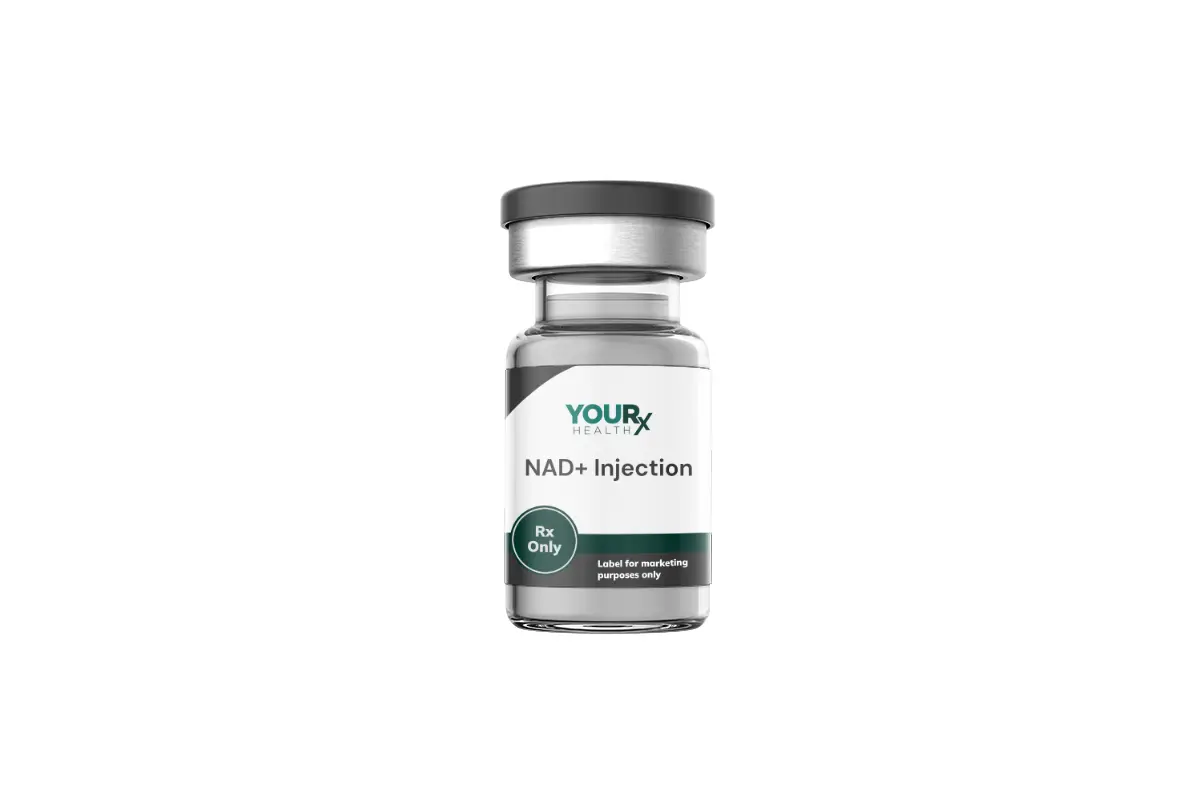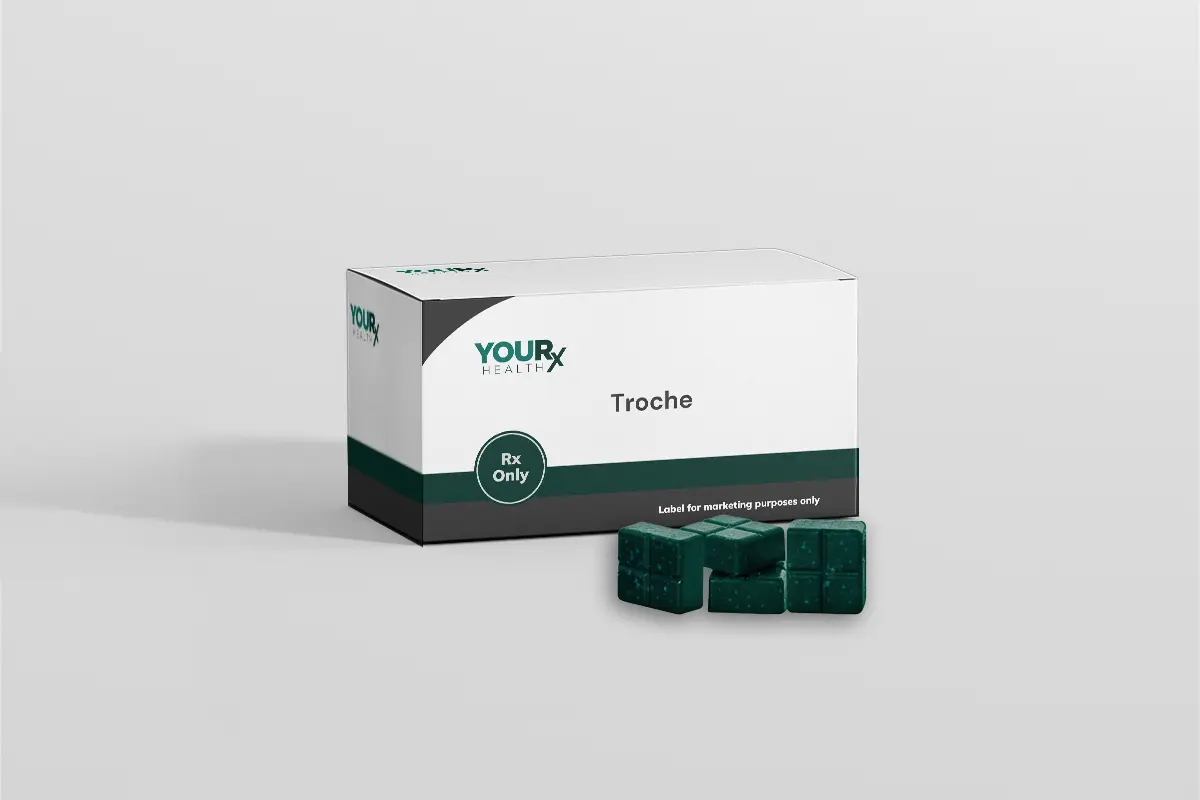
Written by
Clay Hall
PhD, MBA, NP-C
Vitamin D, often called the “sunshine vitamin,” plays a crucial role in maintaining our health. While many know that it helps keep our bones strong, its benefits go far beyond just skeletal support. In fact, vitamin D is involved in multiple biological processes that are essential for overall well-being. Here’s a closer look at why this nutrient is so important and how it can benefit your health.
1. Supports Bone Health
One of the most well-known benefits of vitamin D is its role in maintaining healthy bones. Vitamin D helps your body absorb calcium, which is vital for building and maintaining strong bones. A deficiency in vitamin D can lead to brittle bones and conditions like osteoporosis, increasing the risk of fractures, especially as we age.
2. Boosts Immune Function
Vitamin D plays an essential role in supporting your immune system, helping your body ward off illnesses. Research suggests that adequate levels of vitamin D may reduce the risk of infections, including respiratory infections like the common cold and flu. It also has been linked to better outcomes for those who have autoimmune diseases, such as multiple sclerosis and rheumatoid arthritis.
3. Enhances Mood and Fights Depression
Research has shown that low levels of vitamin D are linked to an increased risk of depression. Vitamin D is involved in regulating mood and warding off mental health issues like anxiety and depression. This is one reason why people often feel more upbeat and energized after spending time in the sun—sunlight triggers vitamin D production in the body. For those who live in areas with less sunlight, especially during winter months, supplementing with vitamin D may help elevate mood and reduce symptoms of Seasonal Affective Disorder (SAD).
4. Promotes Heart Health
Maintaining healthy levels of vitamin D has been associated with a lower risk of cardiovascular diseases. It helps regulate blood pressure and has been shown to reduce inflammation, both of which are factors that can lead to heart disease. Some studies suggest that vitamin D may even help improve blood vessel function and lower the risk of heart attacks.
5. Supports Weight Loss
Vitamin D may play a role in weight regulation. Studies indicate that people with higher levels of vitamin D tend to have a healthier body composition and lower body fat percentages. Additionally, vitamin D helps regulate hormones that influence appetite and metabolism. Adequate levels of this vitamin could support weight loss efforts when combined with a healthy diet and regular exercise.
6. May Reduce the Risk of Cancer
Emerging research suggests that vitamin D may have a protective effect against certain types of cancer, including breast, prostate, and colon cancers. The exact mechanisms aren’t fully understood, but vitamin D is believed to help regulate cell growth and reduce the spread of cancerous cells.
7. Aids in Muscle Function
Vitamin D is essential for maintaining muscle function. It has a direct role in muscle contraction and strength. People who are deficient in vitamin D are more likely to experience muscle weakness, which can lead to an increased risk of falls and injuries, especially in older adults.
8. Improves Skin Health
Vitamin D also benefits your skin. Its anti-inflammatory properties can help reduce skin conditions like acne, psoriasis, and eczema. Some studies suggest that vitamin D may help protect the skin from harmful UV radiation, further underlining its connection to sun exposure.
How to Get Enough Vitamin D
Vitamin D can be synthesized by your body when your skin is exposed to sunlight. However, depending on where you live, your time outdoors, and your skin tone, you may not be getting enough from the sun alone. Food sources of vitamin D include fatty fish (like salmon and mackerel), fortified foods (such as milk and orange juice), and egg yolks. Supplements are another option, especially during the winter months or if you’re at risk of deficiency.




